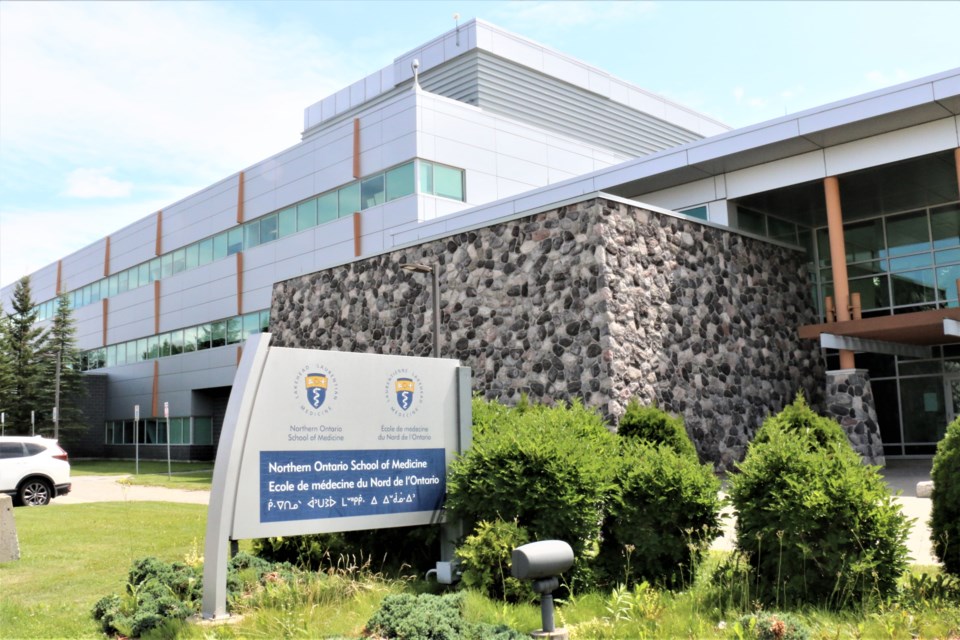NOSM University researchers have been granted $1.5 million to study low-level radon gas exposure. The grant money will be allocated over a five-year period.
NOSM U, formerly the Northern Ontario School of Medicine, has been awarded the research money from the Natural Sciences and Engineering Research Council of Canada (NSERC).
The grant money will fund several highly specialized projects, said a NOSM news release. The radon study will involve constructing a custom experimental chamber, designed specifically for studying the respiratory effects of low-level radon gas exposure.
Radon is a naturally occurring radioactive gas found in the air we breathe, and the biological effects of long-term low dose exposures remain unknown, said the release.
The NSERC Alliance grant will also continue to support research in the Life Sciences Laboratory at SNOLAB focused on genetic effects caused by the absence of radiation. Specialized equipment allows researchers to understand the role of natural radiation and cellular changes that can lead to cancer or cell death, said the NOSM release.
NOSM's research at the SNOLAB facility is currently funded by the Canadian Space Agency and NASA (National Aeronautics and Space Administration), and the combined research supports the understanding of life on earth and in outer space, said the release.
“NOSM University researchers are recognized as experts in the field of health effects of low-dose radiation from natural and human-made exposures,” said Dr. Christopher Thome, NOSM U Assistant Professor and principal investigator on the projects.
“This grant will build on significant research accomplishments that have supported the training of numerous students and scientists over the past 10 years,” said Thome.
The research team consists of Dr. Thome as well as co-investigators Drs. Doug Boreham, Suji Tharmalingam, TC Tai, and Simon Lees, Australian collaborators Drs. Dani Dixon and Tony Hooker, students at Laurentian University, and partners at the Nuclear Innovation Institute, Bruce Power, and Cameco Corporation, said the release.
